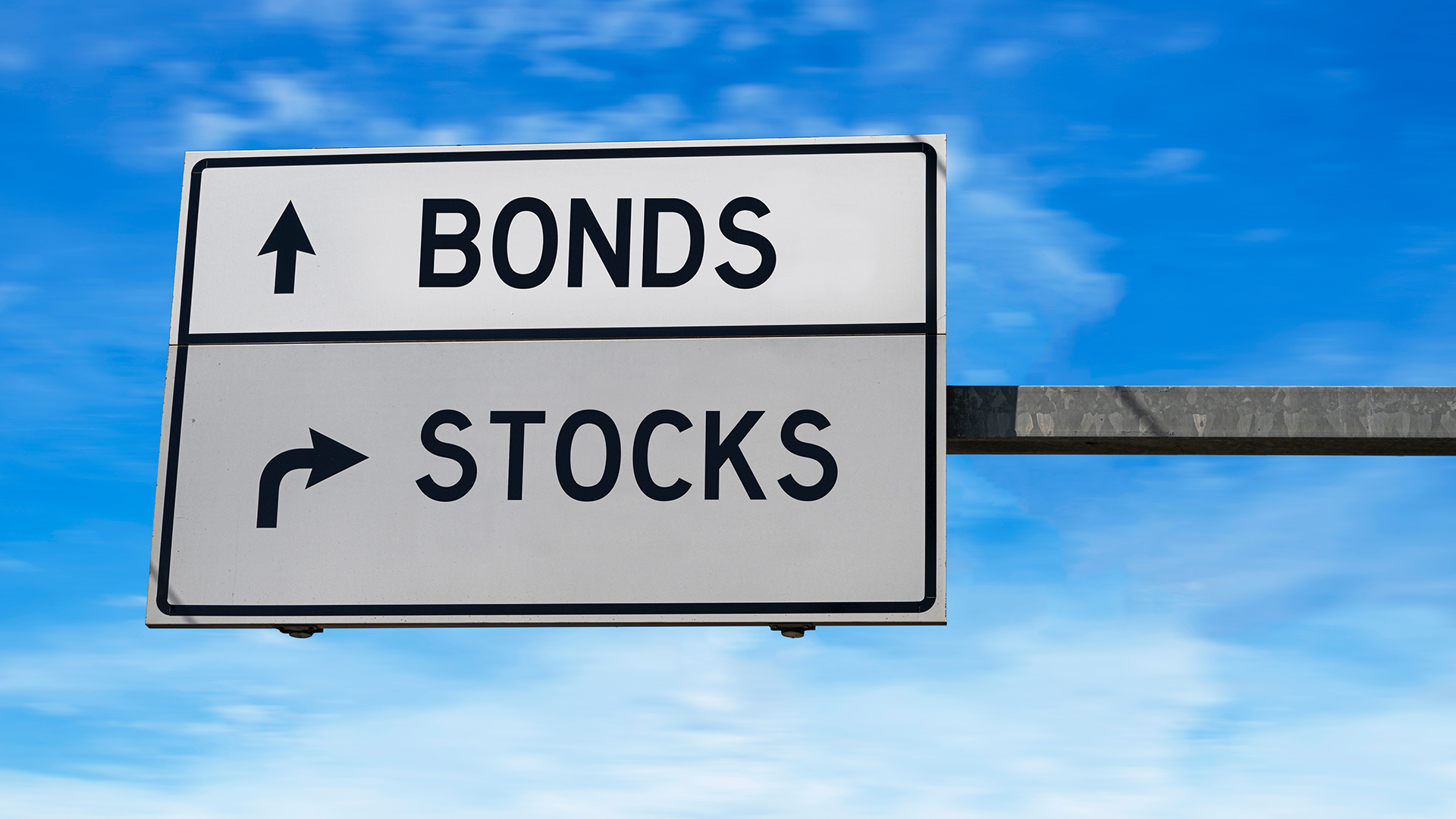
It is not uncommon for investors to advise you to diversify your investment, and two popular investment options that are likely to be mentioned are stocks and bonds. In fact, people sometimes use these two terms interchangeably, but are they really one and the same? What exactly are stocks and bonds? Before you begin to consider investing in either of them, it would be wise to take a look at the main differences that distinguish the two.
Stocks vs Bond: Main Differences
Simply put, exchange listed stocks are the shares of a company that are sold on the stock exchange in order to raise funds. When a company issues stocks, it is essentially selling a piece of itself for cash. From your perspective, you gain ownership of some stakes in the company when you buy its stocks. This will then entitle you to returns in the form of dividends and any increase in market value.
Bonds, on the other hand, are debts that the company take on from its investors from the public market. The debts will subsequently have to be paid back after a specific amount of time, along with a fixed interest rate. If you purchase a bond, you can usually expect to receive the full return of the original amount that you have invested.
Stocks vs Bond: Pros & Cons
That said, which would be better as an option if you were looking to invest? Like many things in life, there are pros and cons to both stocks and bonds.
In the case of stocks, it is widely believed to earn higher returns compared to bonds, especially when you are looking at an investment in the long run. It is also capable of better earnings if the company sees a period of exponential growth. There have been actual tales of people gaining unexpected wealth from an originally minor investment.
However, the stock market can be vastly unpredictable in its rise and fall, given how responsive it is to the market demand and sentiment. This means that it is very easy to lose money when you invest in the wrong portfolio or at the wrong time. This is why stocks are generally considered to carry a higher risk than bonds, and require a lot of careful research and perseverance in looking for the right stocks to purchase.
Bonds, in contrast, are an investment option with a significantly lower risk. This is primarily due to the fixed interest rate that is agreed upon by the company and the investors when signing off on the bond agreement. This basically means that you will not have to worry about the risk of the rate fluctuating even if the market condition changes. This is also why bonds are more desirable during times of uncertainty.
The disadvantage of bonds, predictably, lies in its lower income potential. While stocks may have the opportunity of making earnings two times, four times, or even ten times your original investment, bonds are constrained by its fixed interest rates. The rates may not fluctuate as much and you may be assured that you will not face excessive losses, but you will also lose the chance to strike gold when the time is right.
Stocks vs Bond: Comparison

At the end of the day, there is no saying which one is the right investment option for you, given how it all boils down to your risk appetite. Are you the type who are willing to take a gamble? If so, then perhaps stocks may be your preferred option. Otherwise, bonds would be better suited for you. That said, one rule of thumb when investing is that it is always good to diversify. As the saying goes, do not put all of your eggs in one basket. It would also be wise to do some in-depth research to keep yourself informed about the current market before making any decisions. If you’re planning to start investing locally, check out the list of securities available on the Cambodian Securities Exchange website.
